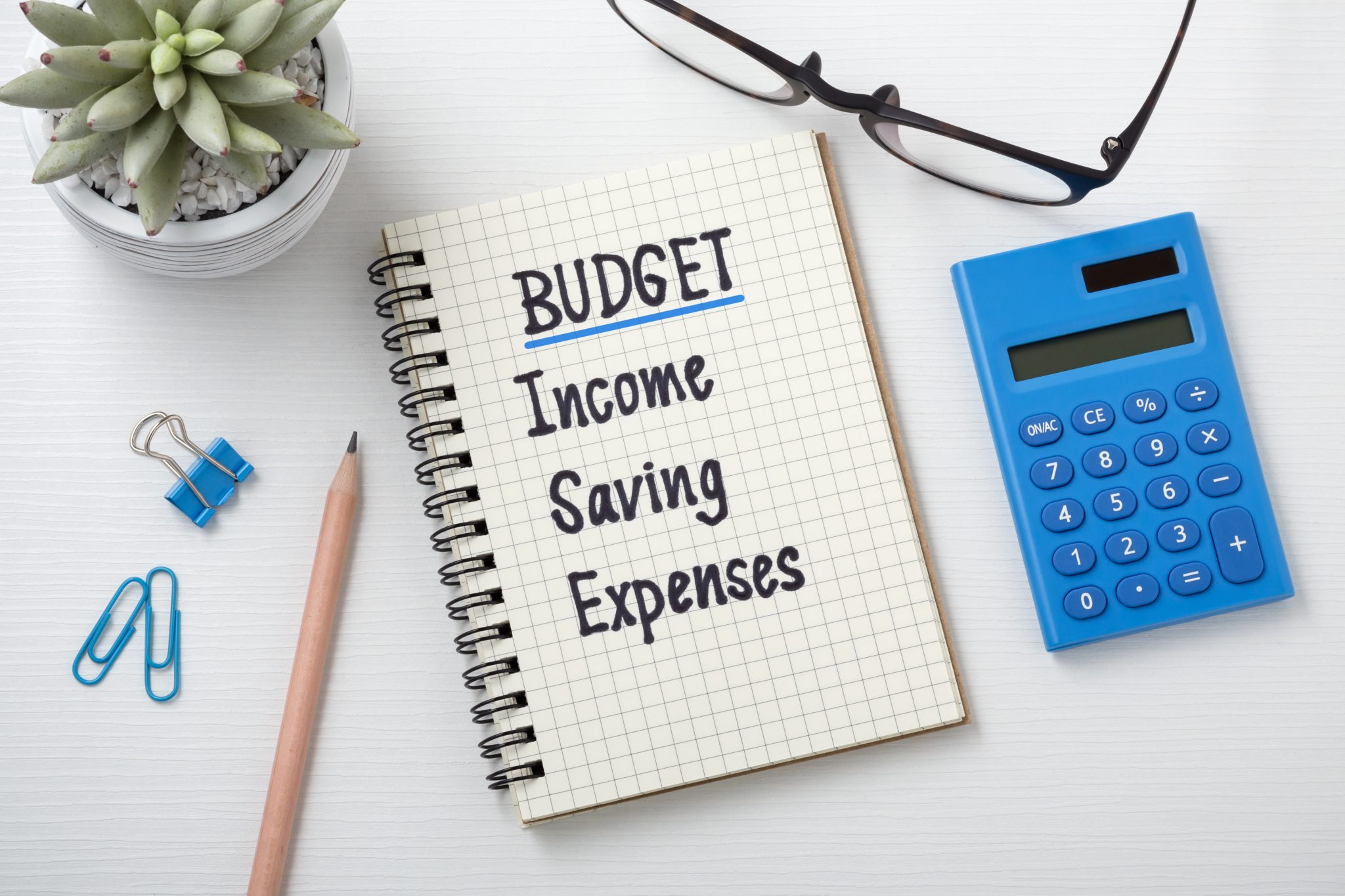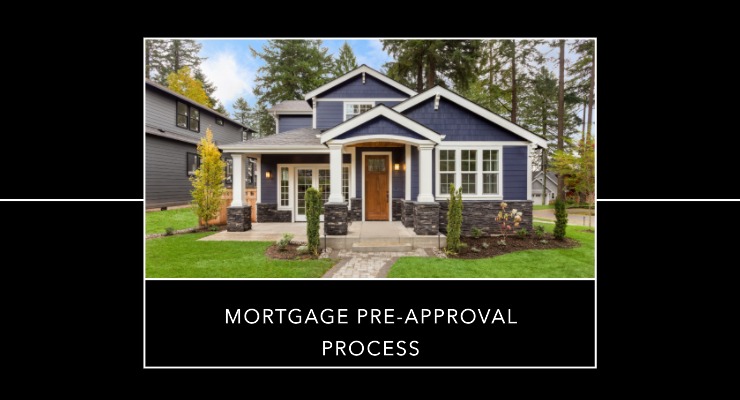Buying a home is a significant milestone, particularly for first-time homebuyers. It’s an exciting journey filled with opportunities, but it also carries its share of complexities—especially when it comes to understanding mortgages. This comprehensive guide aims to shed light on key aspects of mortgages that every first-time homebuyer should know, thus empowering you to make informed decisions throughout your home-buying experience.
Understanding Mortgages
A mortgage is essentially a loan that a bank or mortgage lender extends to you to help finance the purchase of a home. It’s secured by the home itself, and if you fail to repay the loan, the lender has the right to take possession of the property through a process known as foreclosure.
Several key components make up a mortgage:
- Principal: This is the amount of money you borrow to buy the house.
- Interest: This is the cost of borrowing money, which the lender charges over the life of the loan.
- Term: This is the length of time you have to repay the loan. Common terms are 15 or 30 years.
- Escrow: This part of the mortgage payment goes towards costs like property taxes and homeowner’s insurance, which your lender pays on your behalf.
- Amortization: This is the process by which you gradually pay off the mortgage over time.
Understanding these terms will help you grasp how mortgages work and how to navigate the mortgage process.
Importance of Credit Score in Mortgage Application
Your credit score plays a critical role in your mortgage application process. It not only influences whether you’re approved for a loan but also the interest rate you’ll pay. Generally, a higher credit score can lead to more favorable loan terms.
Credit scores are determined by factors such as your payment history, the amount of debt you have, the length of your credit history, the mix of credit types you use, and the number of recent credit inquiries you have.
Improving your credit score before applying for a mortgage can be beneficial. You can do this by paying all your bills on time, reducing your overall debt, not opening new credit accounts unless necessary, and correcting any errors on your credit report. Remember, a higher credit score can potentially save you thousands of dollars over the life of your mortgage.
Types of Mortgages Suitable for First-Time Homebuyers
As a first-time homebuyer, you have several types of mortgages available to you. The right one depends on your financial situation, long-term plans, and the housing market in your area. Here’s a brief overview of some common mortgage types:
- Fixed-rate mortgage: The interest rate on this mortgage remains the same throughout the term, making it an excellent choice for buyers who prefer predictability in their payment.
- Adjustable-rate mortgage (ARM): The interest rate on an ARM changes over time, usually starting lower than a fixed-rate mortgage and then adjusting after a certain period.
- Federal Housing Administration (FHA) loans: These loans, backed by the federal government, allow for lower down payments and are often popular among first-time homebuyers.
- United States Department of Agriculture (USDA) loans: These loans are intended for rural homebuyers and offer zero down payment options.
- Veterans Affairs (VA) loans: For those who have served in the military, VA loans offer significant benefits, including no down payment.
The best mortgage for you depends on your financial situation, how long you plan to stay in the home, and the current interest rates. It’s always wise to talk to a mortgage broker or lender to understand your options better.
The Process of Getting Pre-approved for a Mortgage
Pre-approval is a crucial step in the home buying process, especially in competitive markets. It gives you a clear understanding of how much you can afford and shows sellers and real estate agents that you’re serious about buying. Here are the steps involved in the pre-approval process:
- Check Your Credit: As mentioned earlier, your credit score is a key factor in your loan approval and interest rate. Obtain a copy of your credit report and make sure it’s accurate.
- Assemble Your Financial Information: Lenders will need to review your financial situation, including your income, assets, and debts. You’ll typically need to provide pay stubs, bank statements, tax returns, and other financial documents.
- Submit a Mortgage Application: Once you’ve gathered all the necessary information, you’ll submit a mortgage application with a lender. The lender will review your application and provide a letter indicating how much they’re willing to lend.
- Receive Your Pre-approval Letter: If the lender decides to pre-approve you, they will give you a pre-approval letter. This document states that the lender is willing to lend you up to a certain amount based on your financial information.
Remember, a pre-approval is not a loan guarantee, but it can help you stand out in competitive housing markets. It shows sellers that you are financially prepared to buy a home.
How to Choose a Mortgage Lender
Choosing the right mortgage lender is as crucial as selecting the perfect home. Here are some factors to consider when picking a lender:
- Interest Rates: This is likely the first thing you’ll look at, and rightly so. Even a small difference in interest rate can mean thousands of dollars over the life of your mortgage.
- Customer Service: You’ll want a lender who answers your questions promptly and takes the time to explain the mortgage process in terms you understand.
- Reputation: Check online reviews and ask for recommendations. Make sure the lender has a solid reputation in the industry.
- Transparency: The lender should be upfront about the terms of the mortgage, including any fees and the total cost of the loan.
Remember, don’t just go with the first lender you talk to. Shop around, compare offers, and negotiate the best mortgage rates possible.
Understanding and Estimating Mortgage Payments
Your mortgage payment is typically composed of four elements, often referred to as PITI: Principal, Interest, Taxes, and Insurance.
- Principal: This is the amount you borrowed to buy your home. Over time, your monthly payments will gradually reduce this balance.
- Interest: This is the cost of borrowing money. Early in your mortgage, a significant portion of your monthly payment goes toward interest.
- Taxes: These are property taxes assessed by local entities like the city, county, and school district.
- Insurance: This portion of your payment includes both homeowners insurance to cover potential damage to the home and, if required, private mortgage insurance.
A mortgage payment calculator can be an invaluable tool for estimating your potential mortgage payment and seeing how different loan terms and interest rates could affect your budget.
First-Time Homebuyer Programs and Grants
Many programs and grants are available to help first-time homebuyers. Here are a few examples:
- FHA loans: As mentioned earlier, these loans offer lower down payment options.
- VA loans: For military veterans or active service members, VA loans offer benefits like zero down payment.
- USDA loans: These are ideal for homebuyers in rural areas and also offer zero down payment.
- State and local programs: Many states, counties, and cities offer first-time homebuyer programs and grants. These can include down payment assistance, closing cost assistance, or discounted interest rates.
- Homebuyer education programs: Some organizations offer homebuyer education courses that can qualify you for additional assistance or a lower interest rate.
Always research to find out what programs might be available to you. It could save you significant money or make a more expensive home within your reach.
Conclusion
Mortgages might seem overwhelming for first-time homebuyers, but understanding the basics and being prepared can make the process much smoother. From understanding key terms and the importance of a good credit score, through the different types of mortgages and first-time homebuyer programs, we’ve discussed several critical points to consider.
Remember, buying a home is a significant financial decision. It’s vital to do your homework, ask plenty of questions, and consider seeking professional advice to ensure you’re making informed decisions. Don’t rush the process—take your time to understand your options, shop around for the best mortgage rates, and pick the best mortgage that fits your financial situation and long-term goals.
Frequently Asked Questions
1. How long does it take to get pre-approved for a mortgage?
It can take anywhere from a few hours to a few days to get pre-approved for a mortgage, depending on the lender and the complexity of your financial situation.
2. What’s the difference between pre-qualification and pre-approval?
Pre-qualification is a quick, informal process where a lender estimates how much you might be able to borrow based on the information you provide. Pre-approval is a more formal process where a lender checks your financial background and creditworthiness to determine a specific loan amount.
3. How much do I need for a down payment?
It depends on the type of mortgage. Conventional mortgages typically require a down payment of 5-20% of the home’s price, while some government-backed loans may require as little as 3% or even 0%.
4. Can I buy a home with a bad credit score?
While it’s more difficult, it’s not impossible. Some government-backed loans are available to borrowers with lower credit scores. Additionally, you may be able to get a conventional mortgage with a substantial down payment.
5. Should I get a 15-year or a 30-year mortgage?
The answer depends on your financial situation and goals. A 15-year mortgage will allow you to pay off your home faster and pay less interest over time, but your monthly payments will be higher. A 30-year mortgage will have lower monthly payments but will cost more over the long run due to the added interest. Consider your budget and long-term financial plans when deciding.



















